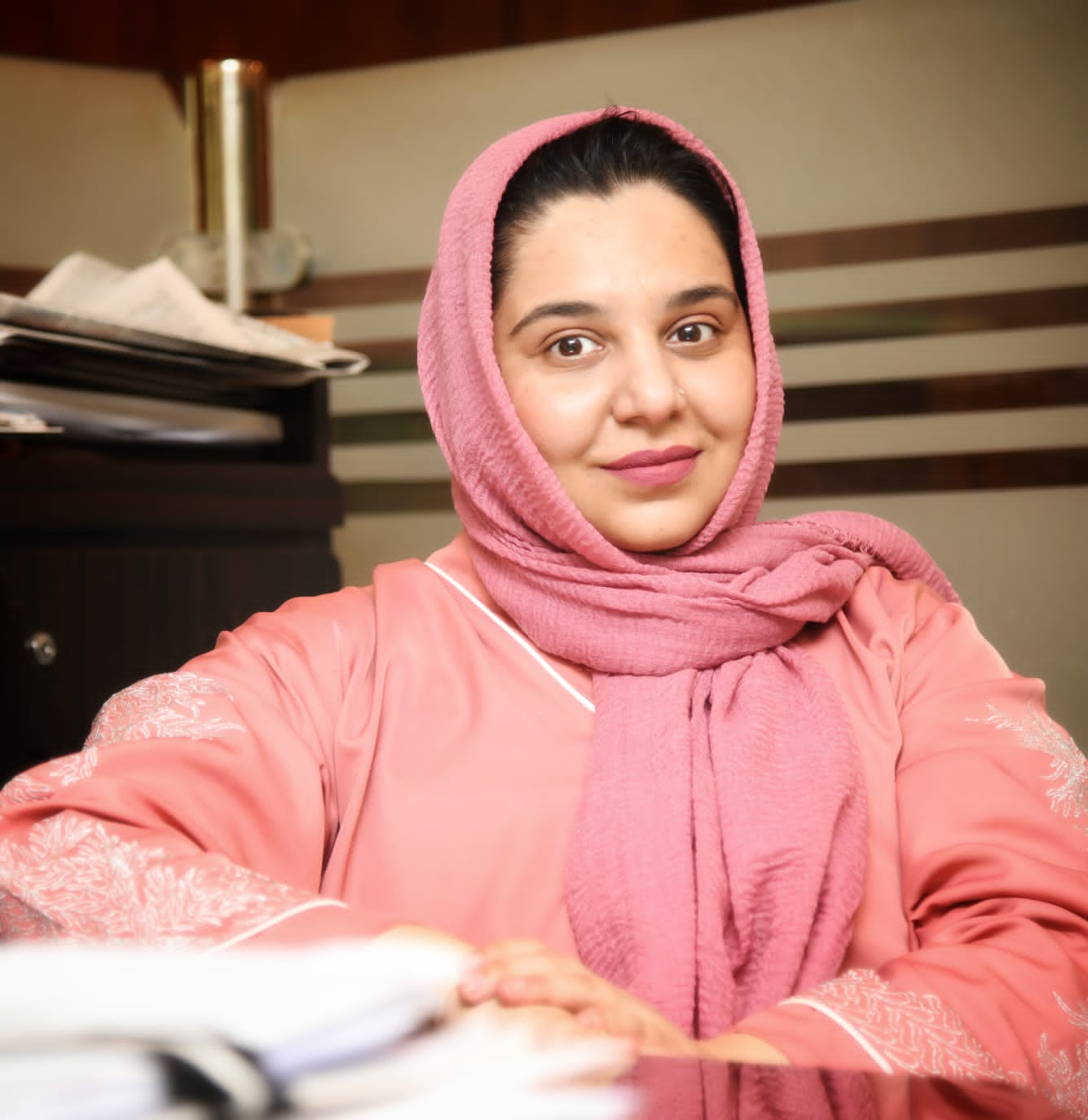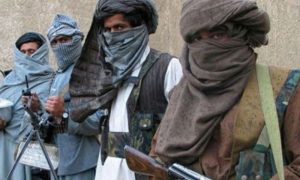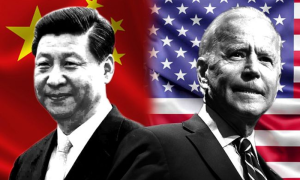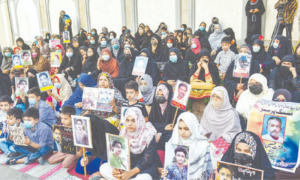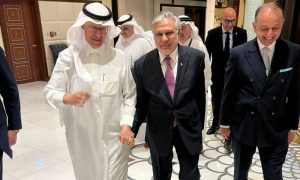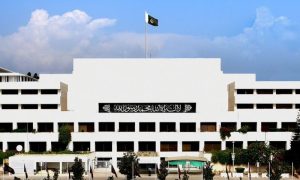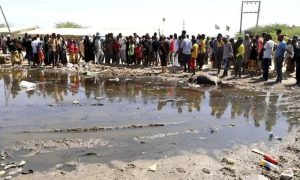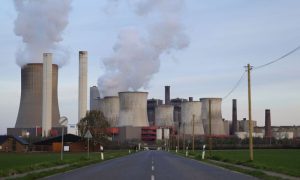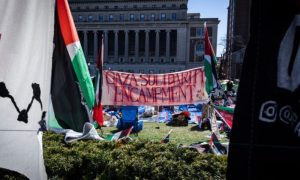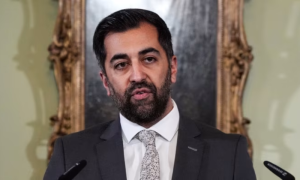Pakistan, a country with a rich cultural heritage and diverse populace, grapples with deep-seated issues of social inequality and poverty. Despite significant strides in various domains, a substantial gap persists between the affluent and the impoverished, exacerbating social tensions and hindering the nation’s progress. Today, we delve into the multifaceted nature of these challenges and explores potential solutions to foster a more equitable society.
A stark reality facing Pakistan is the glaring gap between the rich and the poor. The wealthiest segments of society enjoy access to quality education, healthcare, and other essential services, while a significant portion of the population languishes in poverty, lacking even the most basic necessities. This disparity is particularly pronounced in rural areas and urban slums, where marginalized communities struggle to make ends meet.
The celebration of Eid ul-Fitr, marking the end of Ramadan, serves as both a joyous occasion and a stark reminder of the deep-seated inequalities in Pakistani society. While the affluent indulge in lavish feasts and extravagant festivities, marginalized communities struggle to afford even the most basic necessities for celebrating the occasion. This glaring juxtaposition underscores the urgent need for social and economic reforms to address inequality and ensure that all citizens can partake in the nation’s cultural and festivities with dignity.
Social inequality perpetuates disparities in access to education and healthcare. Affluent families can afford to send their children to prestigious schools and access top-notch medical facilities, while impoverished families are often left with substandard options or no access at all. This disparity in educational and healthcare opportunities further entrenches the cycle of poverty, as quality education and healthcare are crucial pathways out of destitution.
Addressing social inequality and poverty in Pakistan requires a multifaceted approach that tackles root causes and empowers marginalized communities. Key challenges include corruption, inadequate social safety nets, and a lack of equitable distribution of resources. To overcome these challenges, policymakers must prioritize inclusive development policies that focus on investment in education. Ensuring access to quality education for all children, regardless of socioeconomic background, is essential for breaking the cycle of poverty. This entails increasing public spending on education, improving school infrastructure, and providing scholarships and financial assistance to disadvantaged students.
There is need to enhance healthcare infrastructure. Strengthening healthcare infrastructure and expanding access to affordable healthcare services are critical steps towards addressing healthcare disparities. This includes investing in healthcare facilities in underserved areas, training healthcare professionals, and implementing universal healthcare schemes to ensure healthcare access for all citizens.
Efforts to made to promote economic opportunities in the country. Creating economic opportunities for marginalized communities is essential for reducing poverty and inequality. This involves implementing policies that promote inclusive economic growth, such as job creation programs, microfinance initiatives, and vocational training schemes targeted at marginalized populations.
Establishing robust social safety nets, including cash transfer programs and food assistance schemes, can provide a lifeline for families living in poverty. These programs should be designed to target the most vulnerable populations and provide them with the support they need to meet their basic needs and improve their livelihoods. Addressing social inequality and poverty is imperative for Pakistan’s sustainable development and prosperity. By prioritizing inclusive policies and investing in education, healthcare, and economic opportunities for marginalized communities, Pakistan can pave the way towards a more equitable and prosperous future for all its citizens. As the nation celebrates cultural and religious festivals like Eid ul-Fitr, let us recommit ourselves to building a society where every individual can participate and prosper, irrespective of their socioeconomic status.









